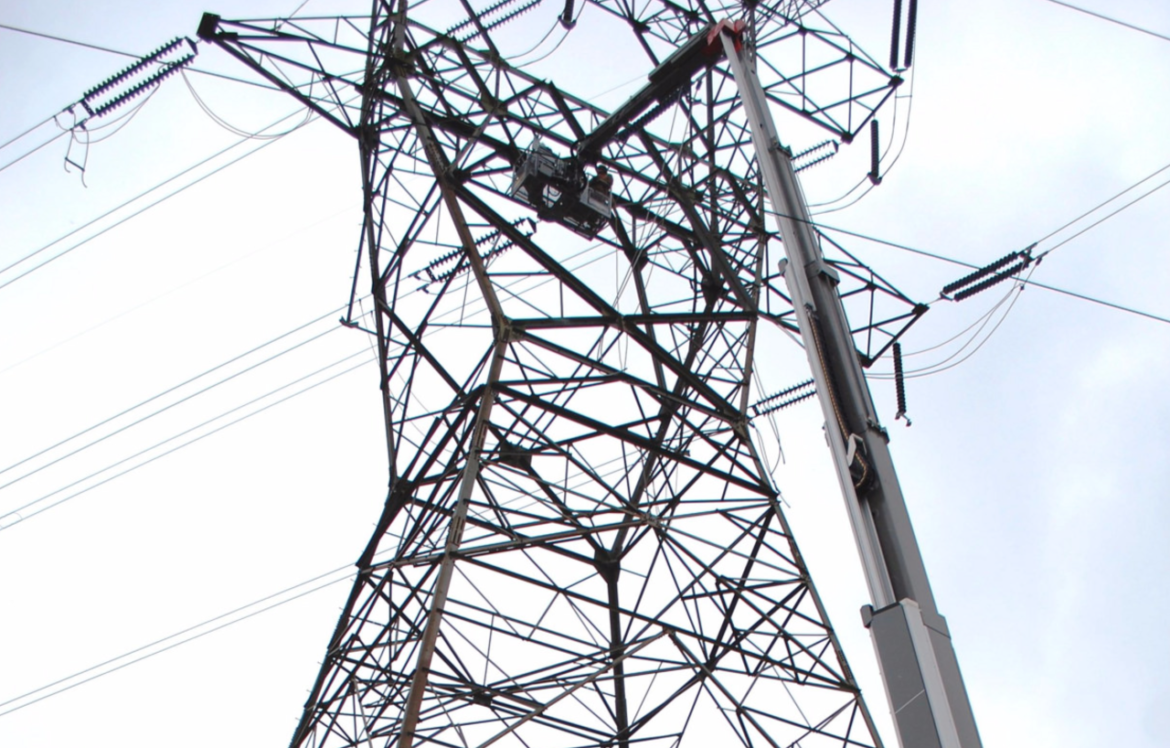By Garry Rayno
The changing economic environment for electric utilities may have helped fuel what Northern Pass developers say are erroneous reports in Le Journal de Quebec that Hydro-Québec may be rethinking its commitment to the transmission project.
On Thursday, Hydro-Québec and its New Hampshire partner, Eversource, said both companies remain committed to the $1.6 billion project to transport 1,090 megawatts of Hydro-Québec electricity to New England over 192 miles of power lines stretching from the Canadian border at Pittsburg to Deerfield.
“Eversource and Hydro-Québec have had a long-standing partnership to develop a transmission project that would deliver much-needed clean hydropower from Québec to New England energy consumers,” read a statement released by Northern Pass. “Northern Pass Transmission, an Eversource subsidiary, will finance and build Northern Pass, the US portion of the transmission project. Hydro-Québec will do the same for the Canadian portion of the project.”
In two Le Journal de Quebec articles, Hydro-Québec appears to be saying it is reassessing its involvement in the project and its financial arrangement with Eversource.
Also local Canadian officials question why the company would pay to bury lines in sections of the New Hampshire route but not in Canada.
Eversource has agreed to bury about 60 miles of the line, mostly through the White Mountain National Forest, but Hydro-Québec has refused to bury sections of the line in Canada.
In the Le Journal article, a Hydro-Québec official claims New England consumers will ultimately pay for the added cost.
But in the Northern Pass statement, the company reiterated the cost of constructing the transmission line will not be borne by New Hampshire customers.
“The cost of Northern Pass will be recovered through use of the transmission line for delivery of energy to New England,” according to the statement. “As we have stated previously, New Hampshire consumers will not pay for any costs associated with the project.”
Hydro-Québec’s statement said it would not pay for the Northern Pass project through New Hampshire and will ensure the project is profitable for Québec residents.
Hydro-Québec is a crown corporation or essentially a business owned by the Province of Québec.
Both companies noted they are working on a proposal to supply long-term energy to Massachusetts with a request for proposals expected this spring from the Commonwealth.
“We firmly believe in the strength of our alliance with our American partner, Eversource,” Hydro-Québec said in its statement.
While the two utilities reiterated their commitment to the Northern Pass project, others say a changing economic climate for electric utilities could affect the project.
When the project was first proposed, high natural gas prices drove electricity prices higher. But natural gas prices have fallen in recent years as has the cost of electricity in New England, which is at its lowest level in a decade.
That makes the cost of hydro-power less advantageous than it was when the project was first proposed, utility economists say.
Jack Savage, spokesman for the Society for the Protection of New Hampshire Forests, which opposes the project in its present form, said there is also a fully permitted transmission line about to begin construction in Vermont available to Hydro-Québec.
“No wonder Hydro-Québec is having second thoughts,” Savage said.
State regulators are set to begin adjudicative hearings on the Northern Pass project next month. The hearings, which will be similar to a court trial, will help a subcommittee of the Site Evaluation Committee decide the fate of the project that was first announced in 2010.
The project has met strong opposition, particularly in the North Country where a new 32-mile path will be cut if it is approved.
Opponents say the project will devastate home values along right-of-ways, negatively impact state tourism and is not needed in New Hampshire, which produces more electricity than it uses.
But Northern Pass developers say the project will create jobs, provide additional property taxes for host communities and deliver clean, cheap electricity to the New England market.
The Site Evaluation Committee subcommittee is expected to decide on the project by Sept. 30.
Understanding Northern Pass cost recovery is posted on Northern Pass’ website.





